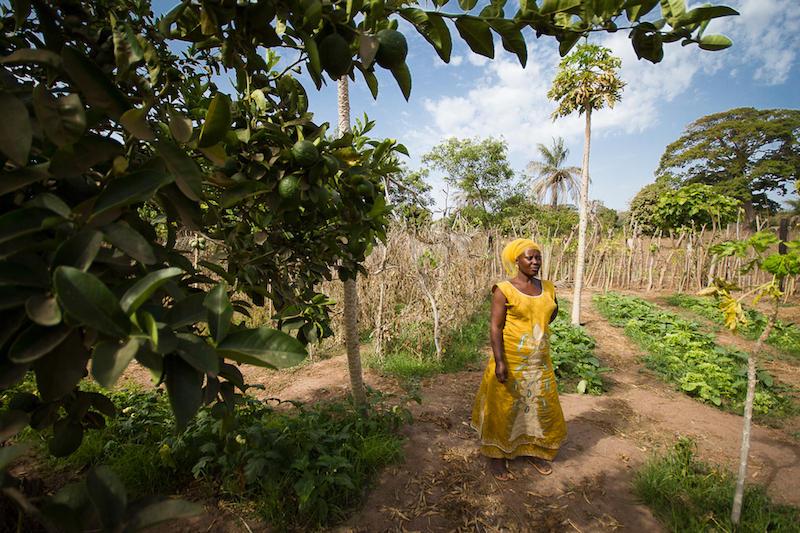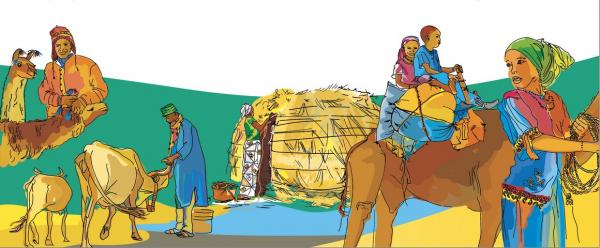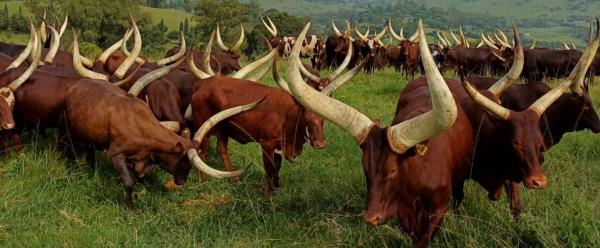Institutional news 4 February 2026
- Home
- CIRAD news
- News
- France and CGIAR transformative partnership platform to foster the agroecological transition
France and CGIAR launch a new transformative partnership platform to foster the agroecological transition

© R. Belmin, CIRAD
Recent reports have placed agriculture at the centre of human and planetary health * and indicated an impending climate emergency ** and alarming loss of biodiversity ***. It is increasingly recognised that a fundamental transformation of the global food system is required, for two reasons: to ensure food and nutrition security for all (SDG2) while reversing degradation of land and water resources and restoring rather than further damaging the environment. Agroecological approaches are seen as a key contribution to that transition.
According to CG centres and French research organizations, it is vital to address critical knowledge and implementation gaps as regards agroecological transitions. The aim is to provide evidence to underpin advocacy and inform policy makers and donors about the potential of agroecological approaches. This entails building a common and sound methodological approach to address the broad diversity of technical contexts and socioeconomic settings in which these transitions take shape. The organizations also call for action on agroecological transition of agrifood systems, stressing the need for change in the way that research is done.
The result is a holistic transformative partnership platform (TPP) on agroecological approaches to building resilience of livelihoods and landscapes. It is overseen by a CGIAR/CIRAD steering committee that will be extended to representatives of other partners as they join. World Agroforestry (ICRAF) has already invested in the TPP through the CGIAR research programme (CRP) on Forests, Trees and Agroforestry (FTA), as has the French Ministry for Europe and Foreign Affairs, which has increased France's contribution to CGIAR to 4 million euros a year for the next three years. Other bodies will be invited to join and shape the platform as it gains momentum.
The first research priority to be addressed by the TPP is documenting and evaluating the socioeconomic viability of agroecological practices across Africa. The project, to be jointly cordinated by CIRAD and ICRAF, aims to conduct a holistic evaluation including assessment of income and food security outcomes for households. It will also consider the workload and the nature of the workrequired by agroecological practices, and the gender- and age-differentiated distribution of benefits.The impact of practices on ecosystem services and disservices will also be assessed. The three-year study will focus on the field to farm scale, with a dozen very diverse case studies across the continent, involving numerous partners. It will connect the efficiency of the production process at field scale with consequences for income, labour requirements, labour allocation to different activities at household level and organization of farm activities.
This first project will run alongside others addressing issues progressively formulated by partners in the platform. The results will subsequently be discussed with key policymakers and widely disseminated, including through high impact scientific publications and a series of high profile events to share key messages emerging from the analysis.
* HLPE (2019) Agroecological and other innovative approaches for sustainable agriculture and food systems that enhance food security and nutrition. A report by the High Level Panel of Experts on Food Security and Nutrition of the Committee on World Food Security, Rome



























